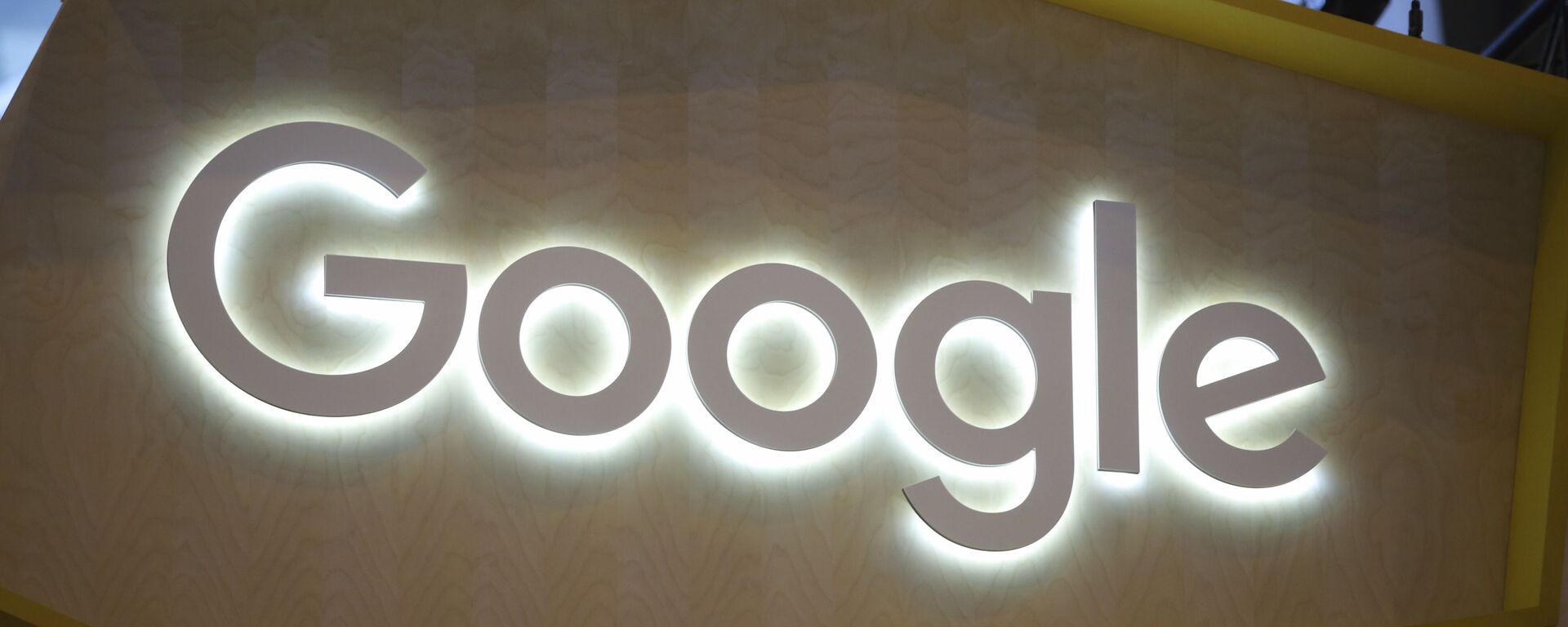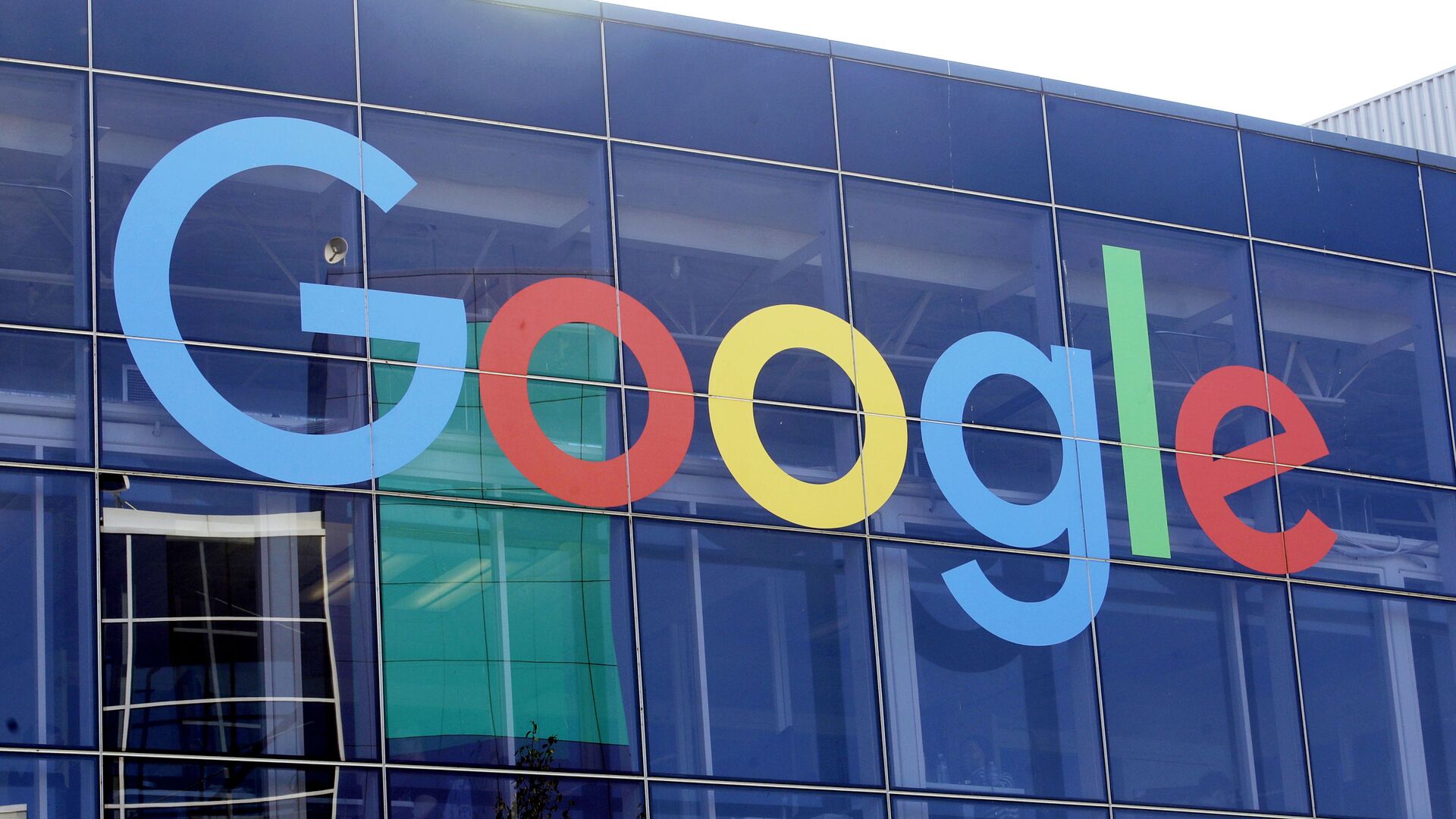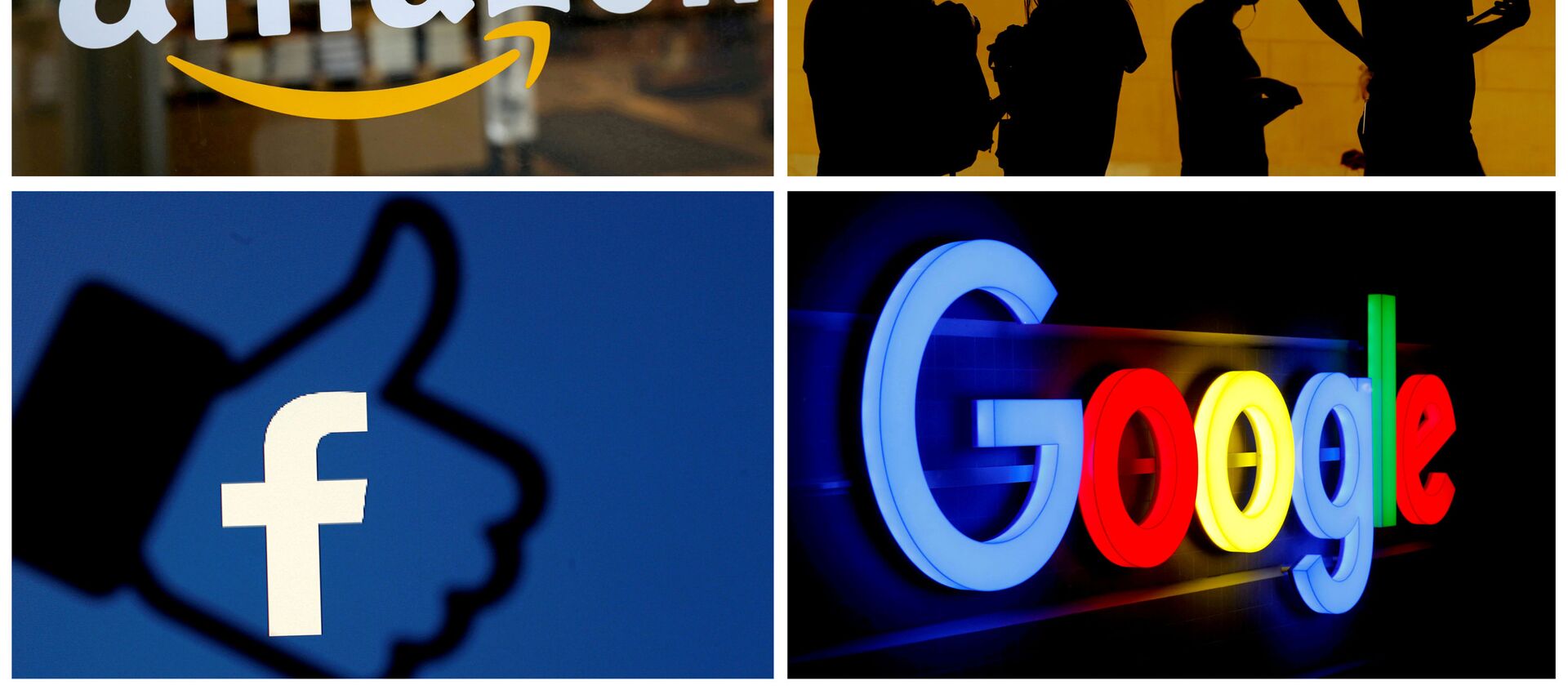Google Inc will no longer sell adverts based on individual web browsing history or develop tools to track user data via its products in the future, the firm announced on Wednesday in a blog post.
"People shouldn’t have to accept being tracked across the web in order to get the benefits of relevant advertising. And advertisers don't need to track individual consumers across the web to get the performance benefits of digital advertising," Google Ads Privacy and Trust team director of product management, David Temkin, said in the post.
Nearly 72 percent of people felt their activities were being tracked by advertisers, tech firms and others, with 81 percent stating risks of data collection were greater than benefits, Temkin said, citing a Pew Research Center poll.
Temkin added Google would adopt privacy-based application programme interfaces (APIs) such as the Federated Learning of Cohorts API (FIoC) to target adverts on the internet, using affiliated groups rather than individual browsing habits.
"We don’t believe these solutions will meet rising consumer expectations for privacy, nor will they stand up to rapidly evolving regulatory restrictions, and therefore aren’t a sustainable long term investment," Temkin added.

According to Endgadget, Google could potentially be trying to avoid tightening restrictions from nations concerned about the company's influence in internet data privacy.
The news follows an ongoing row between the Mountain View, California tech company and numerous governments, including the European Union, the United Kingdom and Australia, among others.
Canberra passed a bargaining code in late February to force tech giants to pay Australian publishers for content on the internet platform.
The Press Alliance of General Information (APIG) and Google inked an agreement to pay publishers for online content following criticisms the internet platform had 'plundered' media content for revenue streams.
A French data privacy watchdog also fined Google and Amazon €100m for breaching national internet privacy laws in December last year.





